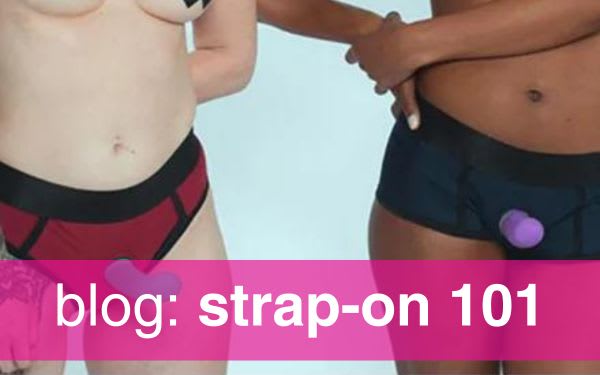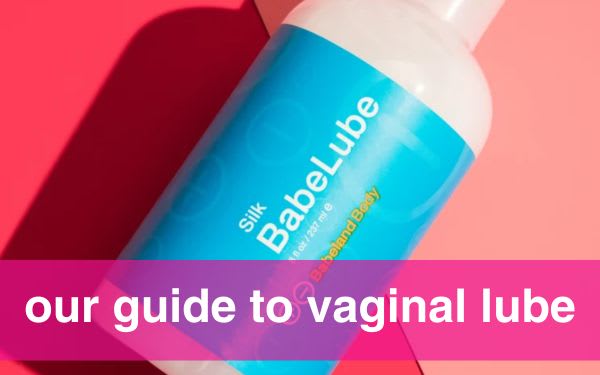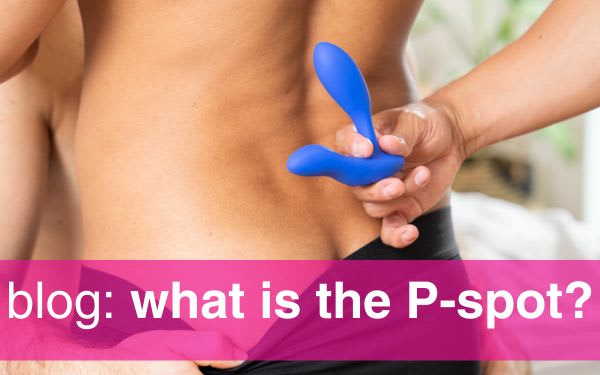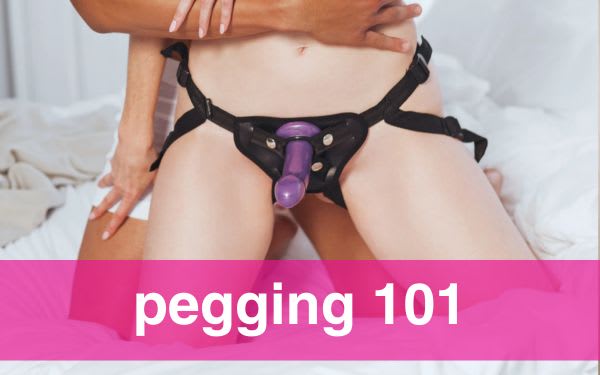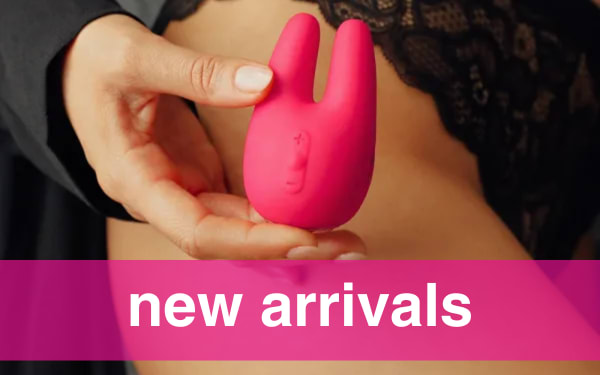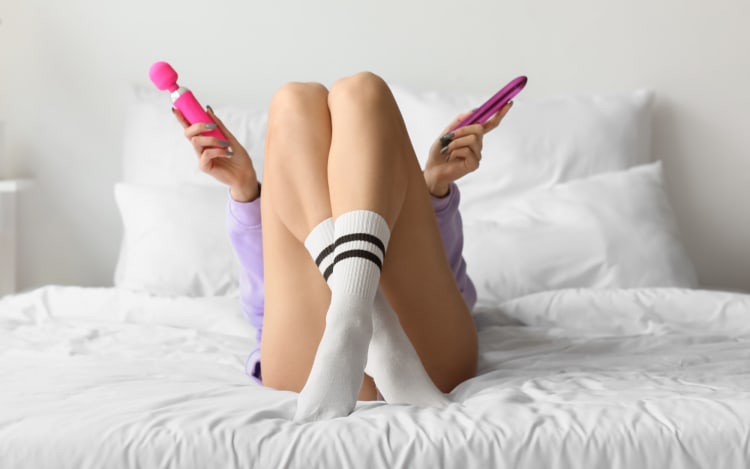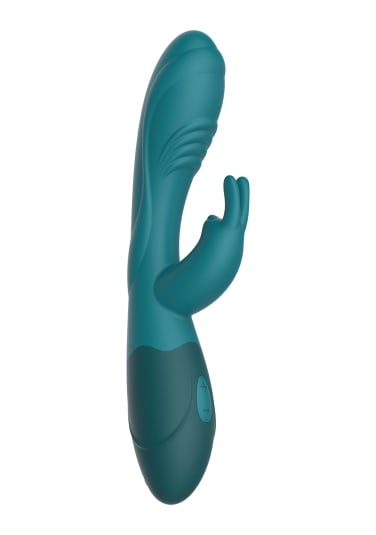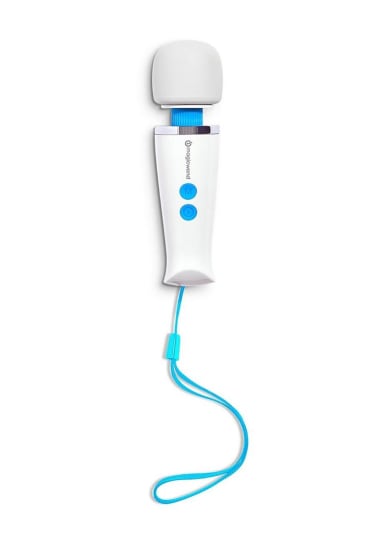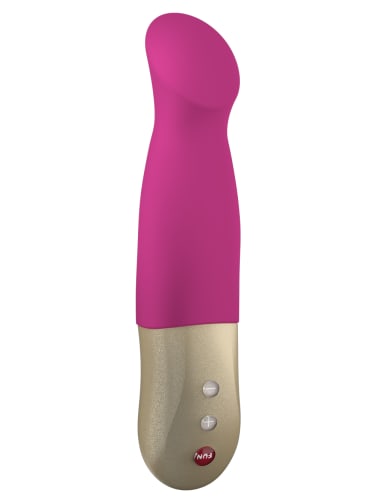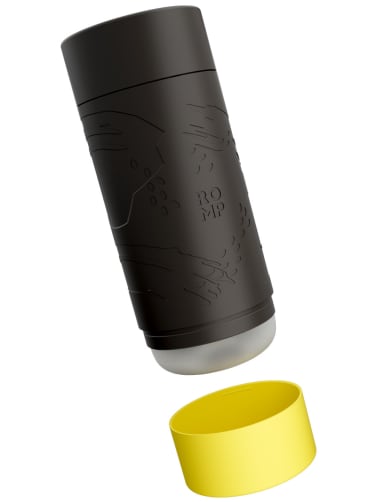10 Masturbation Questions You've Been Too Afraid to Ask
People are meant for pleasure in every sense of the word. Laughter, beautiful views, the thrill of a new dress, tasting a rare delicacy — and of course self-pleasure and masturbation.
In fact, one of the most important sexual relationships you’ll ever have is the one you have with yourself, says Sarah Simon, sexologist and relationship coach. “Our sexualities are holistic and encompass our relationship to pleasure in and out of the bedroom. How do you pamper yourself? How do you luxuriate in yourself? How do you worship yourself and commit to making yourself feel good?”
Unfortunately for most people, actually talking about pleasure is challenging — let alone asking your most pressing questions about masturbation. Thankfully, we asked the experts for you.
Below, learn everything you need to know about masturbation from techniques to taboos to safety and sex toys.
Is masturbation normal?
Absolutely! There are a ton of harmful misconceptions around masturbation — and many people wonder how much masturbation is too much or if masturbation is harmful or wrong. But rest assured, masturbation is a normal, healthy part of the human experience, says sexuality educator Lena Peak.
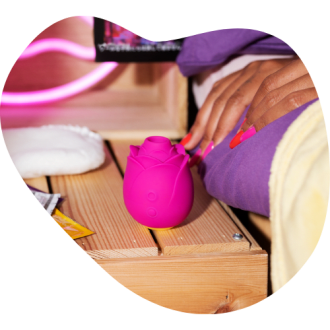
For many people, masturbation is just one aspect of their sexual health — and what exactly turns them on, how they masturbate, and how much they masturbate fluctuates over time. So take a deep breath. Investing in your own pleasure isn’t just normal, it’s hot.
Is there a difference between masturbation and solo sex?
There are an endless number of ways that people choose to define and discuss intimacy. But in general, masturbation and solo sex both refer to self-touch that is intimate, erotic, or sexual in nature. For some people, this means touching their genitals and/or erogenous zones (like for example their nipples, inner thighs, or neck) with the intention of experiencing climax. For others, masturbation is about inviting in sensuality, relaxation, or embodiment rather than orgasm or sexual gratification.
Framing masturbation as solo sex or self care can be an affirming way for some to reclaim their relationship to pleasure. Consider how you think about and talk about masturbation — what language feels most helpful or empowering to you?
Can you masturbate even if you’re in a relationship?
The only person who gets to decide if you masturbate is you. But it’s also important for you and your partner to speak openly and respectfully with one another about your shared expectations and values within your relationship.
“Before diving into the topic with your partner(s), establish a judgment-free space where everyone feels comfortable sharing their thoughts and feelings,” says Peak. “Remember, people have varied relationships to self-pleasure and masturbation, and it’s important to respect diverse experiences and values.”
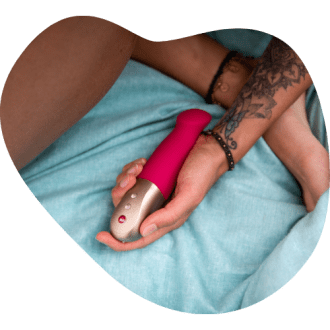
- What does self-pleasure mean to you?
- What is your relationship with masturbation?
- Do you have any pre- or post-masturbation rituals?
- Do you enjoy erotic content while you masturbate?
- How do you feel after you masturbate?
And for those who want a spicier approach, you and your partner might want to take turns showing off how you like to be touched.
Can masturbation help me experience pleasure?
Definitely! If you struggle to “let go” during sex, masturbation can be a great way to reconnect with your sexual self.
“My most shared advice is to not ‘yuck your own yum’ by focusing on the negative thought spirals that might arise any time during the exploration journey,” says therapist Veronica Chin Hing-Michaluk, LMHC.
Instead, masturbation can offer you — and your desires — space to explore safely and without any performance anxiety.
Can masturbation be good for you?
Masturbation actually comes with quite a few health benefits. According to Peak, self-pleasure acts as a stress reliever, sleep aid, and even pain reliever (especially for menstrual cramps!)
But most importantly, masturbation can improve your confidence and boost your knowledge of self. For many people, masturbation is a space to prioritize their own desires, get comfortable with their bodies, and experience bodily agency. It’s also an opportunity to discover how and where you like to be touched — and you can share that knowledge with your partners as you advocate for your own pleasure and limits.
“Masturbation is also a beneficial way for folks for whom partnered sex is less attainable or accessible due to social stigma, living in more remote or rural areas, disability, or really anything that might prevent someone from routinely having partnered sex,” adds Simon.
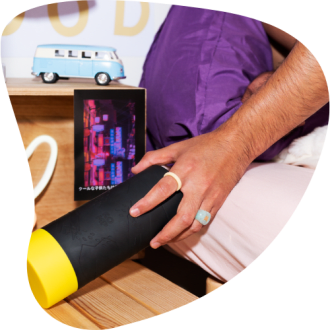 How do I learn to masturbate?
How do I learn to masturbate?
Experience and patience will be your best teachers — plus a sense of adventure.
“Masturbation looks different to everyone,” says Peak. “Some people prefer to use their hands or fingers, other people prefer to use toys, and some people enjoy a combination of both. The possibilities are truly endless!”
To get started, choose a space where you feel comfortable and relaxed. You can sit or stand, lay on your back or stomach, stay in bed or even go to the bath or shower — whatever works for you. Then, think about what turns you on and allow your mind to wander towards your fantasies. Begin by exploring your body with gentle or firm touches starting from your scalp and working your way downwards. For added comfort and glide, use a massage candle, body lotion, or oil. Note what kinds of touch feel good and the areas of your body that react to your touch.
When you feel ready, you may choose to touch your genitals. For people with vulvas, you may want to try a mix of internal (vaginal) and external (clitoral) stimulation. For people with penises, consider exploring the shaft, head, testicles, and anus. Experiment with pressure, grip, sensation, and depth — but if direct touch feels too intense, you can also try grinding on your hand, a pillow, or a toy.
Should I use a sex toy to masturbate?
While a sex toy isn’t required, most people benefit from adding a toy or two (or five) into the mix. Shopping for sex toys can be exciting and evoke beautiful new ideas about how you might want to play with your body and others' bodies, says Chin Hing-Michaluk.
Finding the right sex toy for masturbation
Start with a budget, then ask yourself how you would use a new toy. For solo play only? With a partner too? For clit play, vaginal stimulation, or both? Does it need to be waterproof or travel friendly? From there, you should have a pretty good idea of your requirements.
If you’re new to sex toys, try a beginner vibrator — bullets are discrete yet powerful, palm-shaped toys are perfect for clit stimulation, and G-spot toys are perfect for vaginal and external use. For those with penises, consider a penis ring or masturbation sleeve for added intensity. There are also a number of gender-affirming and accessible toys to choose from as well!
But no matter what you choose, make sure to add a lube that’s compatible with your toy.
 What happens if I don’t orgasm?
What happens if I don’t orgasm?
Don’t sweat it! There’s nothing worse than setting a goal post for yourself during masturbation and feeling let down that you didn’t “achieve” orgasm. Instead, allow yourself to experience intimacy without judgment.
Try to leave expectations at the (bedroom) door and just notice how you’re feeling, what turns you on, and what you’re craving. It can take some exploration to find out exactly what works for you, so be your own best cheerleader in the process. Setting aside time to connect with yourself is already a huge win!
How do I masturbate safely?
There are a few things to keep in mind when it comes to safer sex, including privacy and hygiene.
For starters, always make sure you choose a space that respects not only your privacy, but others’. If there’s a chance someone might see or hear you masturbate — and they didn’t consent to it — you should consider another time and place.
In addition, make sure to wash your hands and any sex toys before and after masturbating. A gentle soap and warm water does the trick! You should also be mindful of your nails, especially if you plan on trying internal stimulation, either vaginal or anal. “If you have long fingernails or acrylics, you can stick cotton balls in the end of a rubber glove,” says Peak. During play, use lube on your hands, toy, and body to prevent any unwanted friction or skin irritation.
How do I masturbate in a new way?
Don’t be afraid to mix things up! If you’re feeling bored with your routine, try a new toy, technique, or position. You might consider edging your orgasms, mutual masturbation with a partner(s), or a bit of voyeurism with a mirror. The world is your oyster! Just remember to have fun and go at your own pace.
Sara Youngblood Gregory is a lesbian journalist and the author of The Polyamory Workbook. She writes about power, identity, culture, sex, and wellness. Her work has been featured in The New York Times, the New Republic, Vice, Teen Vogue, HuffPost, Cosmopolitan, The Guardian, and many others. Read more at saragregory.org or connect on socials.



